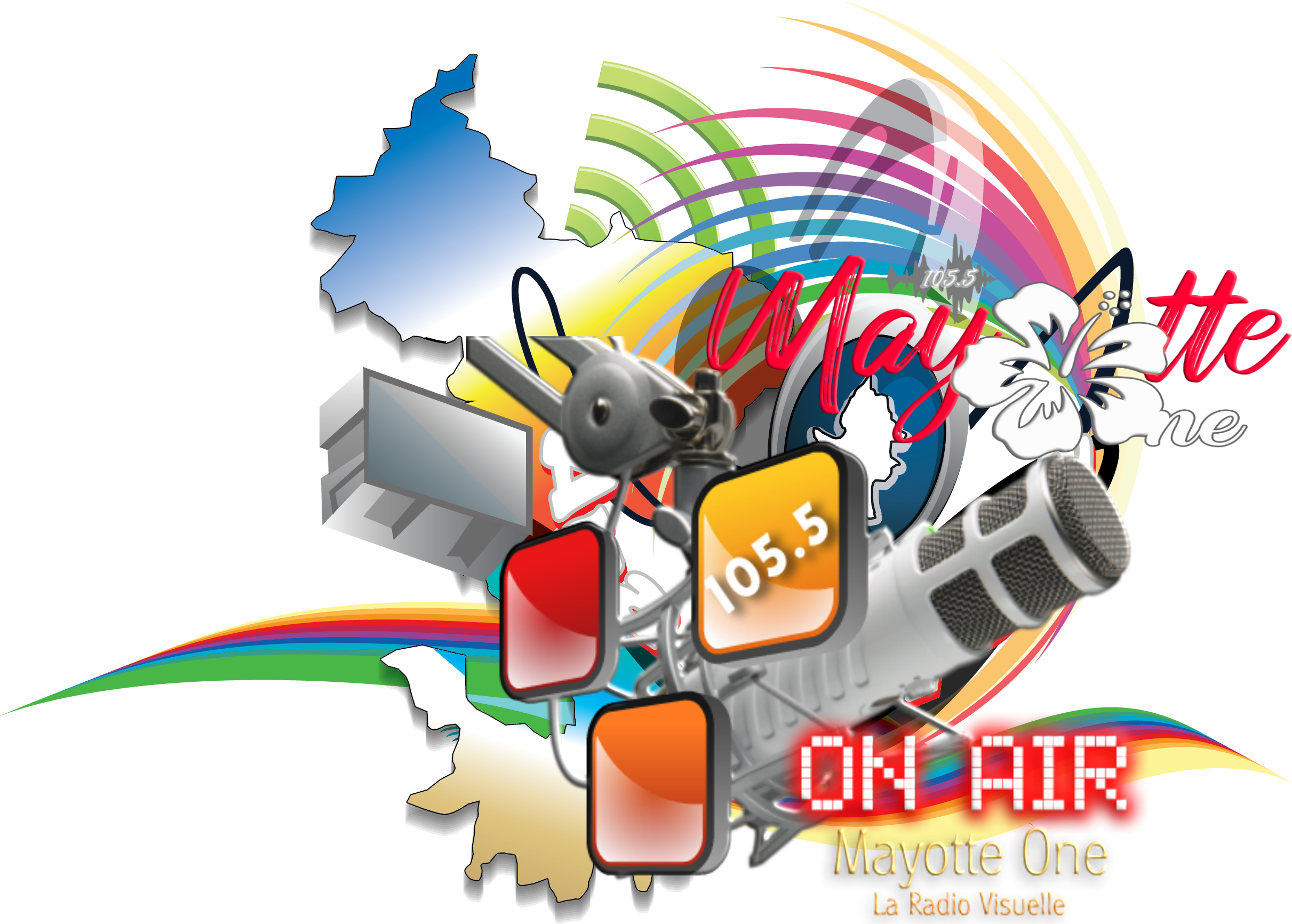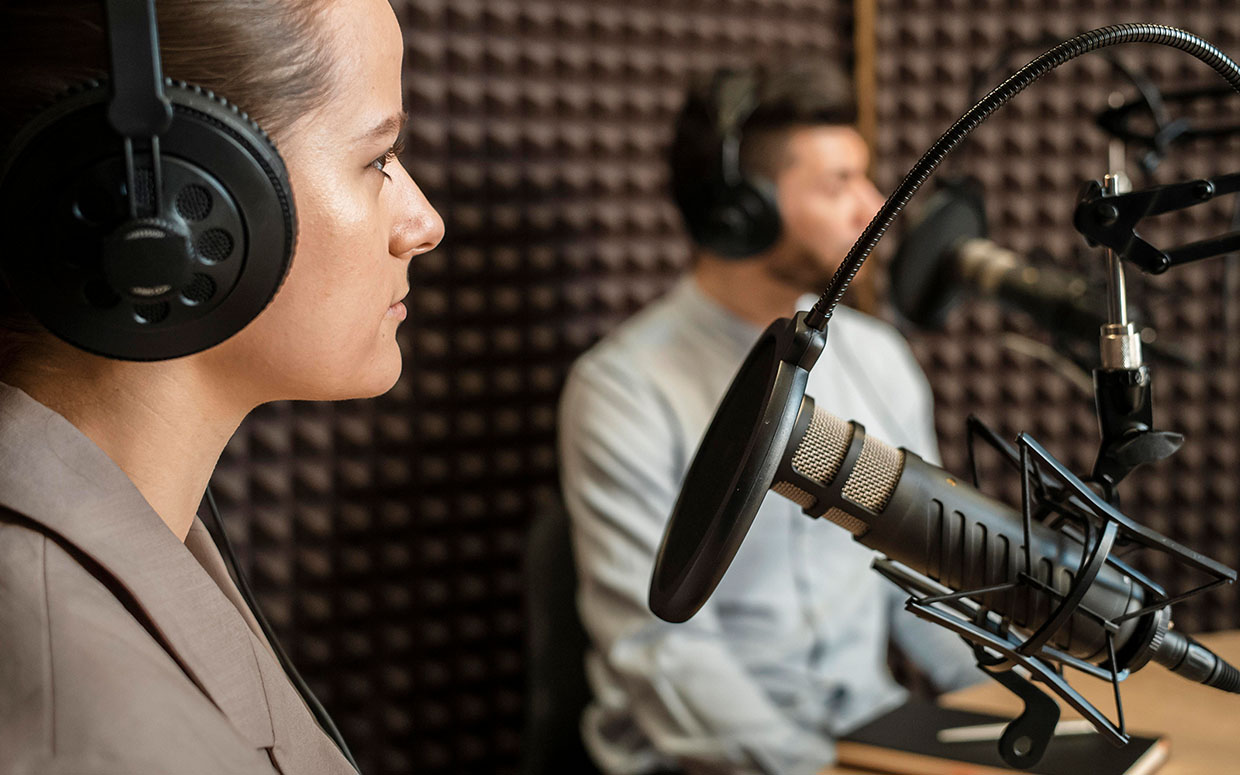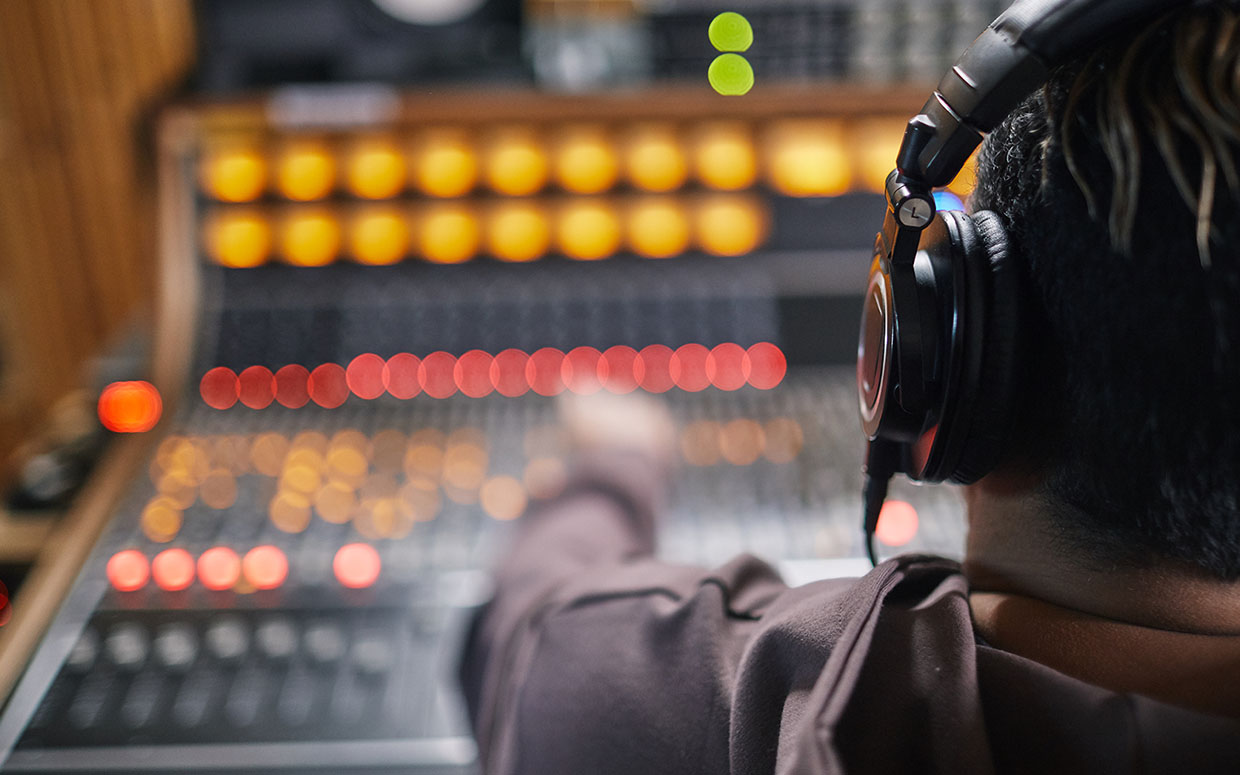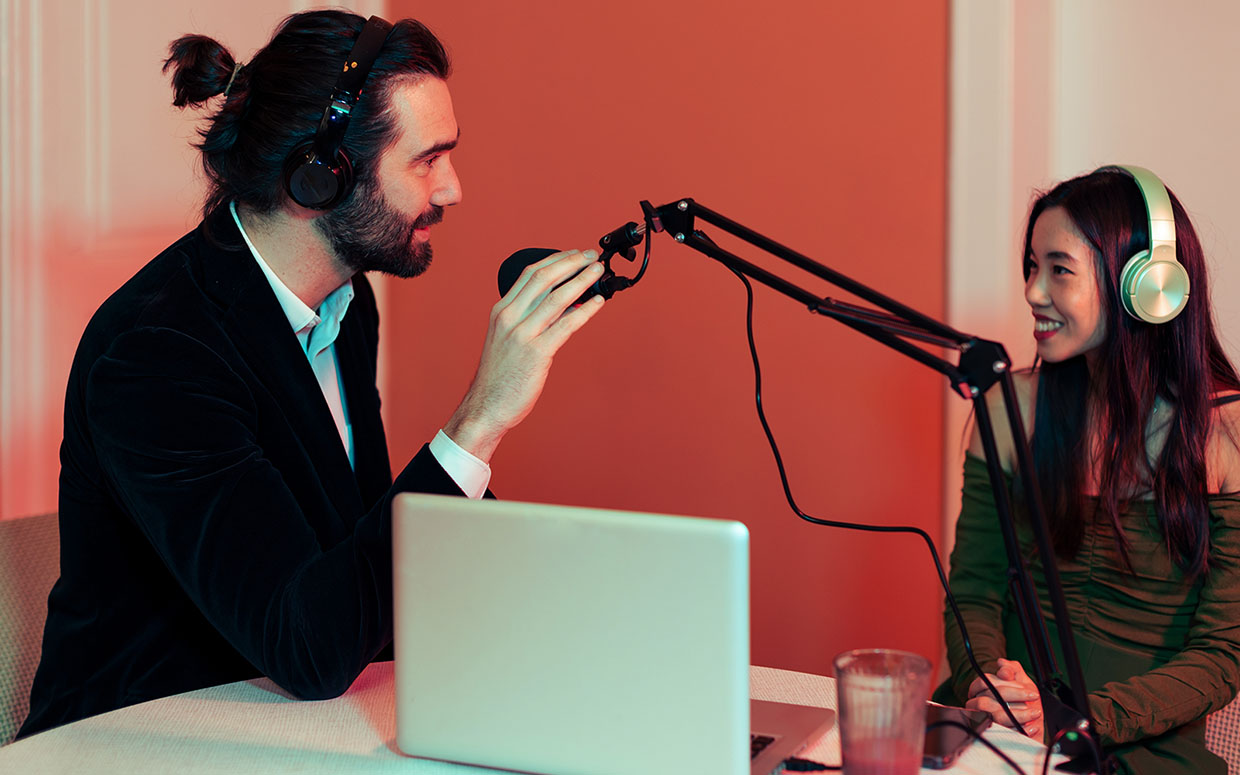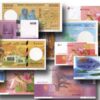Listeners:
Top listeners:
-
 play_arrow
play_arrow
Ecouter Mayotte One Dance Mayotte One Dance New Music And All The Hits!
-
 play_arrow
play_arrow
Ecouter Mayotte One Mayotte One
-
 play_arrow
play_arrow
Radio Machaka Radio Machaka
As festival season rapidly rolls in, we’re constantly being reminded of the continuing lack of diversity on our lineups. With a recent study indicating 86 per cent of the lineups of 12 major music festivals last year including Glastonbury, Reading and Leeds and Creamfields were male, it seems that the ears at the top are still unwilling to break up the boys club that makes up our live music industry.
Without music, life would be a mistake.
That’s not to say the diversity – and demand – isn’t there. With collectives such as SIREN and Discwoman championing female talent in the electronic music scene, and artists such as Björk, Grimes and Kesha speaking out in defence of women’s rights in the industry, there’s never seemed a more appropriate time to shake up our lineups. One group unwilling to wait for the wider industry to take note is Sad Grrrls Club. Originally founded by Rachel Maria Cox as a record label and booking agency in order for them to support non-binary and female acts and challenge Australia’s male-dominated live music scene, Cox has grown the organisation from it’s DIY roots to fully fledged music festival taking place across two cities.
Inspired by the Riot Grrrl movement as well as Audrey Wollen’s Sad Girl Theory, Sad Grrrls Fest showcases bands and musicians that have at least one female or non-binary member. But are all-female lineups breaking down the gender divide, or widening it even further? Below we caught up with the festival’s founder to discuss safer space policies, reverse sexism and the power of expressing our emotions.
Écrit par: Ana Mayotte
Cool music Drum Machine EDM music Music wp themes Party Singer Synthesizer
Articles similaires
-

Flash Infos
With Malika
For every Show page the timetable is auomatically generated from the schedule, and you can set automatic carousels of Podcasts, Articles and Charts by simply choosing a category. Curabitur id lacus felis. Sed justo mauris, auctor eget tellus nec, pellentesque varius mauris. Sed eu congue nulla, et tincidunt justo. Aliquam semper faucibus odio id varius. Suspendisse varius laoreet sodales.
close Top popular
Mayotte One
Copyright © 2006-2023 Mayotte One - un service de l'association Ana Mayotte & Machaka Média.
